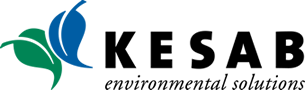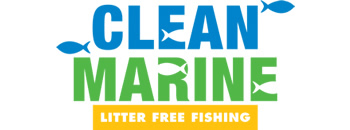
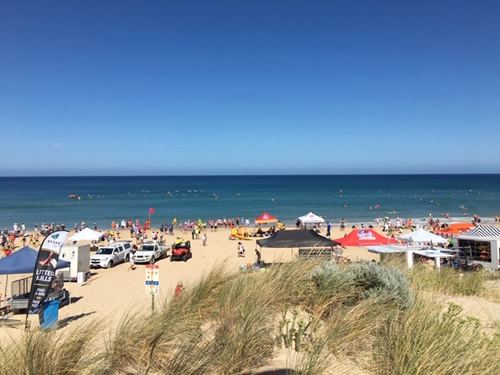
Southport Surf Life Saving Carnival flying the KESAB 'Litter Kills' banner
Overview
Year 2018 – 2019 activity demonstrates the scope of work undertaken by the KESAB Litter and Waste Education Team in partnership with Green Industries SA (GISA), business stakeholders and community.
Recent years have seen an increased focus by community responding to litter, recycling and illegal dumping issues. Government departments have also increased consultation and considered strategies to measure and minimise pollution and environmental harm through regulatory reform. This has included increasing the Waste Levy to better manage waste streams and reduce waste to landfill.
However, to some extent, litter has been overshadowed by high profile resource recovery challenges and it does not appear a priority by government. Lack of focus for stronger enforcement is an example; as demonstrated by the winding back of Local Nuisance and Litter Control (Dob in a Litterer) reporting by the Environment Protection Authority (EPA) and other community engagement strategies that aimed to actively reduce litter.
KESAB continues to pick up the tab in respect to litter, working with waste sector stakeholders and the broader community to facilitate education and on ground action. Outcomes are achieved by punching well above our weight and should not be underestimated.
Litter education and campaigns are supported by KESAB Litter Index (KLI) research; which is the longest running litter trend analysis in Australia (see separate report).
Information collected in the KLI (151 sites counted May and November each year) identifies litter types and sites and demography of litterers. For example:
- road side litter = transport (motorists and uncovered loads)
- take away = consumers (drive through and convenience)
- cigarette butt = smokers (not using bins or ash trays).
This information greatly assists KESAB in developing education and campaign strategies working with stakeholders and the community.
Volunteer groups play an important part in supporting KESAB litter awareness and clean ups. Over 300 groups work with KESAB through programs such as Clean Marine, Road Watch, Adopt a Road and Clean Site.
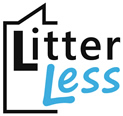
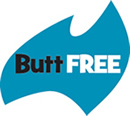
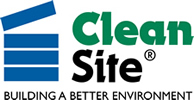
Litter Less leads education in schools by providing professional learning for teachers and student engagement in order to understand more about the impacts of litter; conducting school waste and litter audits; and implementing action plans engaging a whole of school approach.
Research
KESAB commissioned social research during the 2018 – 2019 year undertaking three pieces of important work:
1) CDL Containers & Plastic Shopping Bags in the Litter Stream (Sept 18)
This research project reported on the percentage of beverage items covered by the South Australian Container Deposit Legislation (CDL) and the percentage of thin (under 35micron) plastic shopping bags counted in the Keep Australia Beautiful (KAB) National Litter Index during the period 2008 – 2018.
Items included in the South Australian CDL were used for the purpose of comparing the percentage of these items in the litter stream of different states and territories.
Similarly, only the data recorded in the KAB National Litter Counts were used for calculating the percentage of these plastic shopping bags in the litter stream of states and territories.
Analysis of the results showed South Australia and Northern Territory had the lowest percentage (2.8% of total litter) of CDL items in the litter stream for all states. Other states varied from 6.2% to 14.7%.
Victoria had the lowest percentage of thin plastic shopping bags (0.18% of total litter stream), with South Australia having 0.71%. The highest percentage was 0.80%.
The South Australian result may indicate that consumers are returning to old habits since the banning of lightweight plastic shopping bags in the state a decade ago (2009).
The Hon David Speirs MP, South Australian Minister for Environment and Water, announced the “Turning the Tide On Single-Use Plastic Products” consultation strategy during the year.
Over 3,500 public responses were received with an overwhelming 98.87% of submissions recognising environmental problems and 96.84% of respondents supporting government intervention.
2) Campaign Testing Top Line Report (Oct 18)
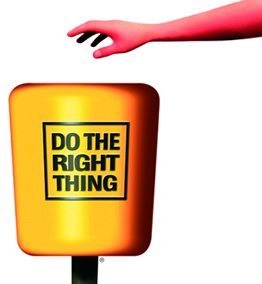
Do the Right Thing bin
The purpose of this research was to assess attitudes and behaviours towards littering in South Australia in order to better understand what influences people to litter. A number of slogans were tested to help develop a new anti-littering campaign for the future.
The majority of respondents (86%) perceived the “Do the Right Thing” campaign slogan to be directed to everybody. Females (65%) were significantly more likely to strongly agree with this slogan compared to males (35%).
Overall this slogan was viewed to be the most influential by respondents, with 48% indicating that it would encourage people not to litter.
Other slogans tested included:
- Don’t be a Tosser
- Litter Kills
- Litter, Better in a Bin
- Litter, Just Do it Right.
3) Campaign Testing Report (June 19)
The purpose of this research was also to assess attitudes and behaviours towards littering in South Australia in order to better understand what influences people to litter.
1,114 respondents were sampled online. Age and gender were weighted.
Key findings showed that there are four segments who are litterers, and just one segment who are non-litterers. However, two of the litterer segments do not litter consciously, being “unaware” litterers.
Examples where people’s behaviours were not seen by them as littering include:
- leaving dockets and paper in a shopping trolley
- throwing fruit out of the car in the city (bio-degradable?)
- leaving rubbish next to a full bin.
This information can be used to assist in creating and tailoring future messaging so that the right message gets through to the right people.
Key Activities
Port River Clean Marine Partnership
A partnership between KESAB, ATCO and the local community, scheduled a number of volunteer-based clean ups along the Port River estuary, local roads and traffic corridors adjacent to the rapidly growing defence area.
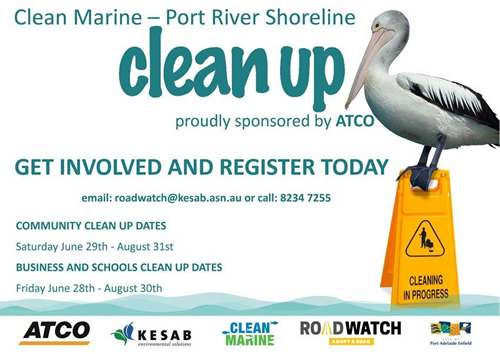
Port Wakefield Road Clean Up Project
Following concerns raised by the EPA regarding the high concentration of litter along Port Wakefield Road, KESAB is partnering with key waste sector stakeholders to develop an action plan to identify sources and causes of litter and illegal dumping. Partners include Department of Planning, Transport and Infrastructure (DPTI); EPA; Integrated Waste Services (IWS); Cleanaway; SUEZ; Peats Soils; Jeffries Garden Supplies; and Fulton Hogan.
Multi-Cultural Communities SA Train the Trainer
A successful Train the Trainer project conducted over four weeks was implemented through a GISA, Multicultural Communities SA and KESAB partnership.
Training engaged 11 different communities who responded with great enthusiasm and interest to understand more about litter and waste avoidance, and opportunities to recycle.
Follow up contact through several groups seeking additional sessions is a work in progress, with a focus to engage more communities who are currently working with councils.
CDL Review
A review of South Australia CDL system is continuing, with stakeholder information and consultation sessions being conducted. Findings so far suggest developing a modernised version of CDL, and including a wider range of beverage containers which are not currently part of the 40 year old system.
KESAB has participated in the consultation process, focussing on the potential to build the capacity of South Australia’s strong recycling depot network and maximising resource recovery of both CDL and Non CDL containers.
Local Nuisance and Litter Control Act Review
KESAB remains concerned following the wind down of ‘Dob in a Litterer’ due to structural changes implemented by the EPA. South Australia lags behind other state jurisdictions’ responses to litter pollution underpinned by enforcement.
The EPA has released a Discussion Paper “Review of the Local Nuisance and Litter Control Act” and KESAB is preparing a response seeking to demonstrably strengthen littering enforcement.
Environment, Resources Development Committee Submission
KESAB has prepared a response to the South Australian Parliament Environment Resources and Development Committee “Inquiry into the Recycling Industry”.
Media
KESAB has initiated considerable media exposure as a high profile “Go To” for information resource.
